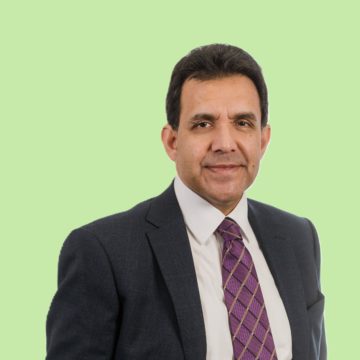This is the term used to cover everything that needs to be done to deal with an estate. It involves establishing the assets and debts of the estate.
The estate’s money or assets are used to pay off any bills or loans that are left (including inheritance tax, funeral costs and the costs of dealing with the estate administration).
Remaining assets are distributed according to the Will. If there is no Will, then the estate gets paid according to the rules that say who inherits in these circumstances (known as the Rules of Intestacy).
The tax affairs of the person who has died will also need to be finalised.
A Will allows you to specify who you wish your estate to pass to upon your death. If you have …
Read more Wills & ProbateYou should record your contribution and the way in which you would like the future proceeds of sale to be …
Read more Wills & ProbateDepending on the size and complexity of the estate, these could include HM Revenue & Customs, the Department for Work …
Read more Wills & ProbateA personal representative is simply another name for someone who is an Executor or if there is no Will, is …
Read more Wills & ProbateThere are two choices: You can apply yourself to the local Probate Registry, who will send you the forms you …
Read more Wills & ProbateConsider giving your wife a lifetime right to benefit from your estate. This will enable her to carry on living …
Read more Wills & ProbateIdeally any independent who is not related to the maker of the Will. A beneficiary or a spouse or civil …
Read more Wills & ProbateFirstly you will need to break the news to friends and relatives, register the death and organise the funeral. It …
Read moreOur highly skilled team of specialist solicitors hqave been established in the City of Wakefield for over 100 years.
















